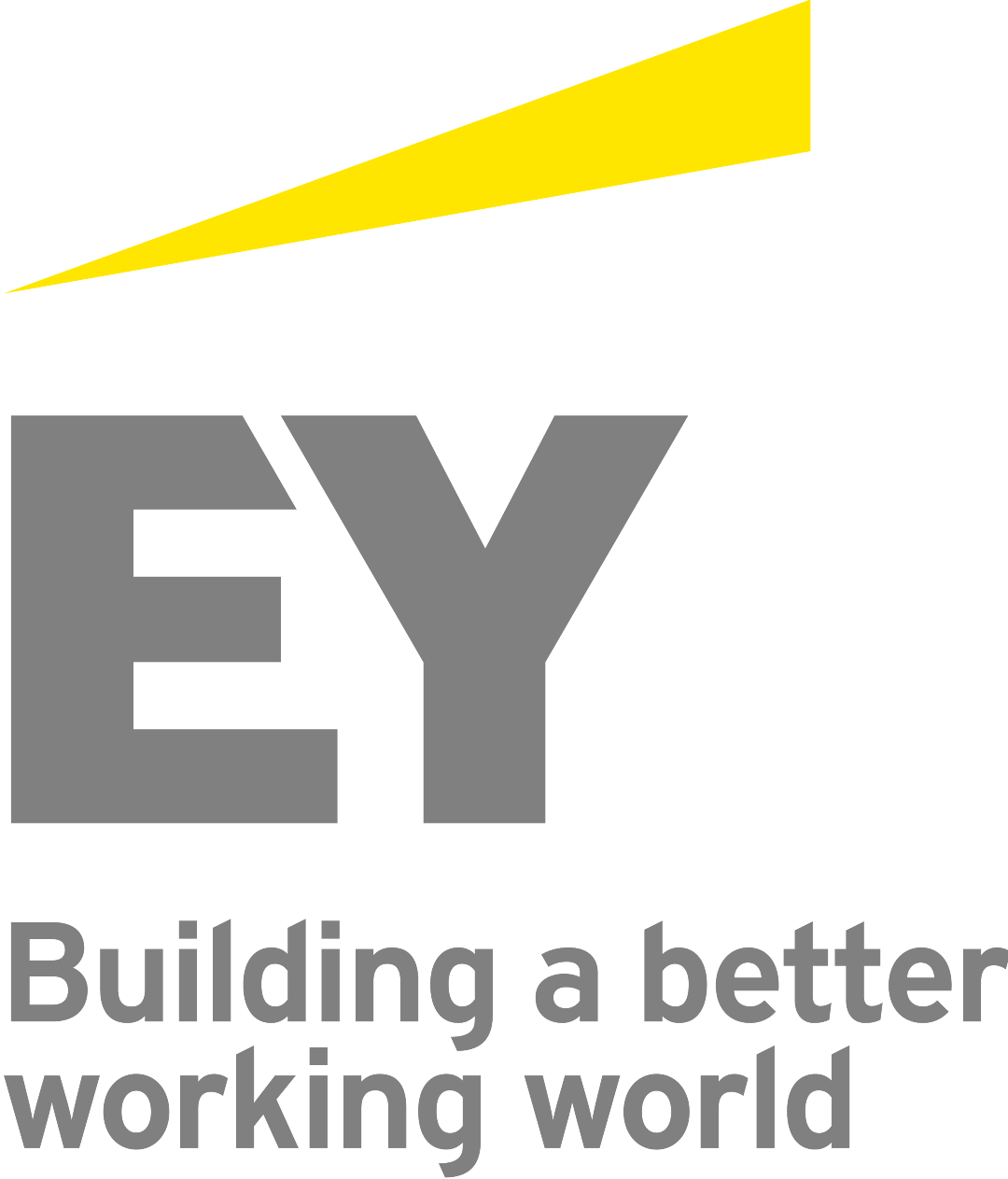MONTRÉAL, June 15, 2016 /CNW/ - Rebuilding the public SME financing ecosystem in Québec would spur businesses to grow faster, compete in global markets on an equal footing and, ultimately, create wealth for Québec says the report released recently by the Working Group on the Shortage of Publicly Traded Québec Companies, with the logistical and financial support of the Ordre des CPA and Finance Montréal.
"While Quebec's economic weight in Canada is around 20%, Quebec companies account for only 7% of publicly traded companies, and that percentage is constantly declining," warns Claude Désy, a partner with Dunton Rainville, creator of the Working Group and co-chair of the Working Group's Coordination Committee. "Initial public offerings (IPO) are a powerful tool for economic development. Bear in mind that the big names of today such as CGI, Couche-Tard, Cascades, Jean Coutu, Metro and Saputo all took advantage of IPOs at different stages in their development."
"A number of factors have contributed to the gradual weakening of the IPO ecosystem for our SMEs in Québec. These days, they seem to be cutting themselves off from a key financing tool," notes Sylvain Vincent, a partner at EY and co-chair of the Working Group's Coordination Committee. "The advantages of IPOs go far beyond simply supplying the capital needed to grow our SMEs. Québec society as a whole can derive huge benefits, such as the establishment and retention of head offices, job creation and the development and retention of expertise here in Québec."
The report, titled Public Listing: The Weak Link in Quebec's Corporate Finance Ecosystem, underscores that the ecosystem which supports Canadian SMEs in going public and works well for companies outside Québec could be strengthened inside the province. The Committee is urging stakeholders from the business world, financial partners and government to support its action plan, which contains recommendations that revolve around three broad themes: visibility, liquidity and governance.
The Working Group's 10 recommendations are as follows:
Enhance the visibility of public SMEs
| 1. |
Create a website dedicated to listed Québec companies together with a sponsorship network. |
| 2. |
Invite institutional investors to introduce a commission system as an incentive to public SME analysts established in Québec. |
| 3. |
Adopt tax measures to encourage the hiring of analysts based in Québec and specializing in the public SME market. |
Drive demand and liquidity through investor incentives
| 4. |
Introduce a new simplified plan for public SMEs similar to the stock savings plan and invite the tax-advantaged funds to support them. |
| 5. |
Defer capital gains if the gain is reinvested in a Québec public SME. |
Increase the supply of capital from enterprises and simplify governance for them
| 6. |
Have the TMX Group and other market players set a target of 20% of listings originating from Québec. |
| 7. |
Amend the Taxation Act so that a company and its shareholders retain their tax advantages once the company goes public (for instance, transfer and R&D tax credits). |
| 8. |
Provide financial assistance for listing. |
| 9. |
Under the leadership of the Autorité des marchés financiers, simplify and relax the regulatory framework applicable to public SMEs. |
| 10. |
Simplify the accounting requirements for public SMEs. |
For the full report, click here.
About the Working Group
Some thirty experts from Québec's private equity industry volunteered their time to develop a deeper understanding of the causes of the shortage of publicly traded Québec companies and participate in drawing up an action plan.
The Coordination Committee was co-chaired by Claude Désy, a partner with Dunton Rainville, and Sylvain Vincent, a partner at EY. The Committee members were Louis Doyle of Bourse Québec and Michel Magnan of Concordia University's John Molson School of Business.
About the Ordre des CPA du Québec
The Ordre des comptables professionnels agréés du Québec has 38,000 members and 5,600 future CPAs, making it the third largest professional order in Québec. The Order ensures the protection of the public and the visibility of the profession. It represents all areas of expertise of the accounting profession, including assurance, financial accounting, management and management accounting, finance and taxation.
About Finance Montréal
Finance Montréal, Québec's financial cluster, was created in 2010 by institutions in the financial services industry at the invitation of the Québec Government. Finance Montréal's dual mission is to consolidate Québec's financial services industry by stimulating high value added financial activities that are strategic to the development of the industry while promoting Montréal as a strong industrial hub that contributes to the development of the entire financial sector across Québec.
SOURCE EY (Ernst & Young)

Julie Fournier, Assistant director, Brand, marketing and communications, EY, 514-874-4308, [email protected]

Share this article